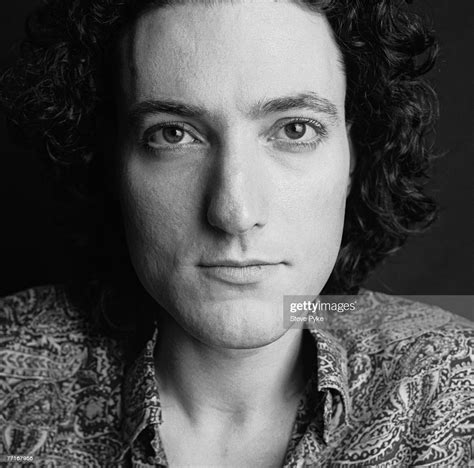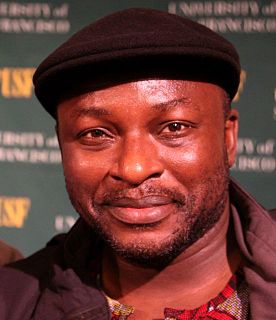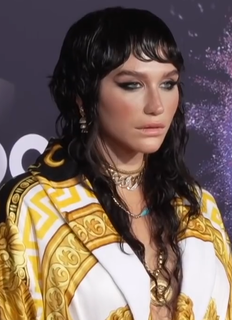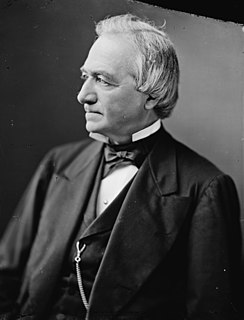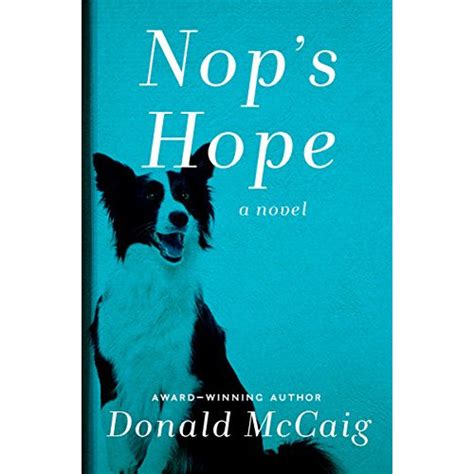A Quote by Tobias Hill
If, at a party, I say I'm a poet, people have a hard time responding, almost as if I'd said I'm a priest.
Related Quotes
I wrote poetry for seven or eight years, maybe longer, before I could say I was a poet. If people asked, I'd say I wrote poetry; I wouldn't go further. I was in my mid- to late-thirties before I felt that I was a poet, which I think meant that I had begun to embody my poems in some way. I wasn't just a writer of them. Hard to say what, as a poet, my place in the world is. Some place probably between recognition and neglect.
I once gave a workshop and I asked the women poets there, If you went back to that little town you've come from - these were from small towns - would you say, I'm a poet? And one of them said, If I said I was a poet in that town, they'd think I didn't wash my windows. And that stayed with me for so long, the sense of the collective responsibility of someone as against the individual thing it takes to be a poet.
Online I see people committing 'social media suicide' all the time by one of two ways. Firstly by responding to all criticism, meaning you're never going to find time to complete important milestones of your own, and by responding to things that don't warrant a response. This lends more credibility by driving traffic.
Once a poet always a poet, and even though I haven't written poems for a long time, I can nonetheless say that everything I've ever learned about writing lyrical fiction has been informed by three decades of writing in lines and stanzas. For me the real drama of fiction is almost always the drama of the language.
Thanks for looking out for her, Sage. You're okay. For a human." I almost laughed. "Thanks." "You can say it too, you know." I walked over to Latte and paused. "Say what?" "That I'm okay...for a vampire," he explained. I shook my head, still smiling. "You'll have a hard time getting any Alchemist to admit that. But I can say you're okay for an irreverent party boy with occasional moments of brilliance." "Brilliant? You think I'm brilliant?" He threw his hands skyward. "You hear that, world? Sage says I'm brilliant.
Do you know, the only people I can have a conversation with are the Jews? At least when they quote scripture at you they are not merely repeating something some priest has babbled in their ear. They have the great merit of disagreeing with nearly everything I say. In fact, they disagree with almost everything they say themselves. And most importantly, they don't think that shouting strengthens their argument.
